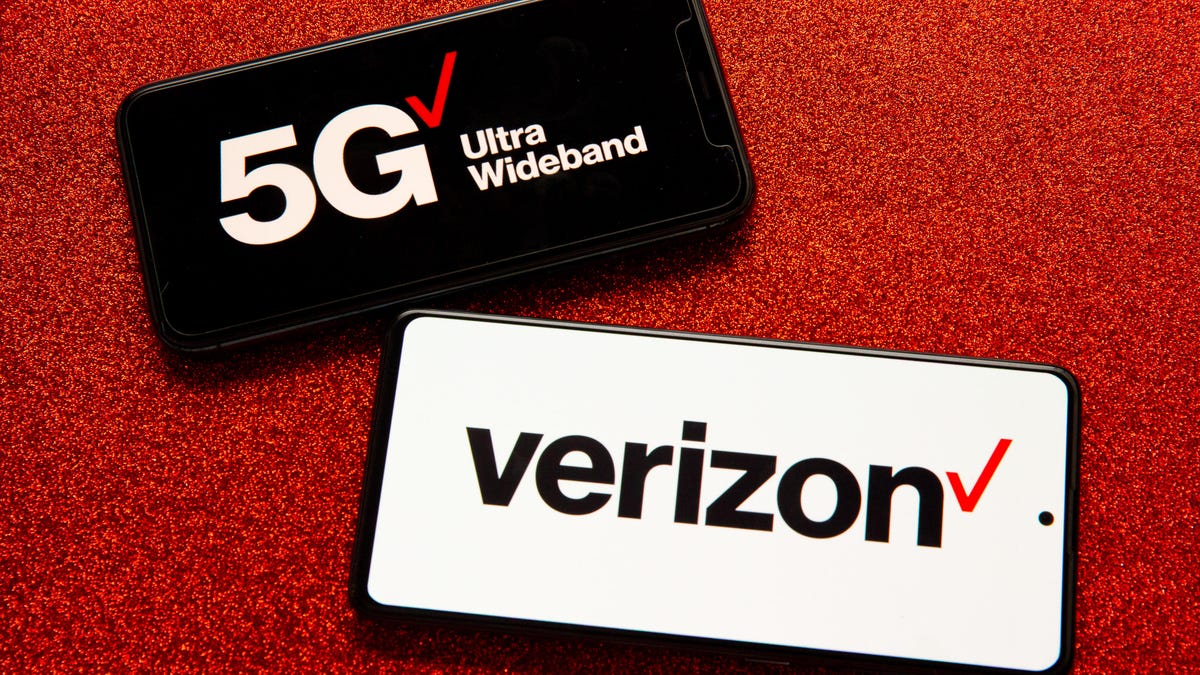 Why You Can Trust CNET
Why You Can Trust CNET Verizon's 5G Home broadband alternative is heading to three new cities
Verizon's millimeter-wave mobile network is also expanding.

Verizon's 5G network is continuing to grow; even the announcements are a bit more stretched out compared to its 2020 pace. On Tuesday the nation's largest carrier announced that it has expanded its millimeter-wave network to parts of New Orleans, Fresno and Riverside, California, as well as San Antonio. The company's 5G Home offering is also growing, launching in Riverside on Thursday and heading to Memphis and San Antonio on May 6.
With the expansion, Verizon ups its millimeter-wave city count to 71 while the cities that also offer 5G Home will be at 33. Millimeter-wave, which the carrier also calls "ultra wideband") is Verizon's fastest 5G technology, though the gains it has in speeds are often offset by much more limited range and the need to be in direct sight of the antenna compared to other cellular technologies. It is frequently only available on certain city blocks and doesn't penetrate into buildings compared to lower frequency forms of 5G, which don't offer the same speed but cover a wider area.
An alternative to cable internet, Verizon's mobile millimeter-wave network provides the backbone for the 5G Home service, with prices running $50 per month (if you are a Verizon wireless customer with a plan of "$30 or more") or $70 per month if you have a different wireless carrier. There are no annual contracts or data caps for 5G Home and the monthly prices already include equipment fees and taxes.
Locating local internet providers
In a bid to get people to switch from their current internet provider to 5G Home, Verizon will begin offering a $500 credit on April 29 to cover early termination fees for those stuck in a contract. The carrier is also giving new customers a free Samsung Chromebook 4, free Stream TV (Verizon's Android TV-powered streaming box) and a 12-month subscription to Discovery Plus.
The expansion of new 5G cities comes as wireless companies increasingly compete in the home internet market.
Locating local internet providers
Unlike T-Mobile , which officially launched its own Home Internet service for $60 per month earlier in April, Verizon says that its product is capable of typical download speeds of 300Mbps with peaks of 1Gbps. Based on its 4G LTE and 5G networks, T-Mobile's said during its launch event that it "expected" average download speeds of 100Mbps for its Home Internet service, which is available now to 30 million people around the country as opposed to Verizon's service which is only in parts of those (soon to be) 33 cities.
Read more: Hands-on with T-Mobile's Home Internet service
At its analyst day in March, Verizon talked about its ambitions for its wireless home internet, including covering 15 million people with either its 4G LTE or 5G home internet service by the end of 2021. The company plans to double that number to 30 million by the end of 2023 and reach 50 million by the end of 2025.
Verizon plans to use its newly acquired C-band midband spectrum to bolster both its mobile and home 5G offerings with better range and faster speeds compared to its 4G LTE and low-band 5G networks. The company announced on Monday that has already begun the process of upgrading its network to support the new technology, which will start to become available at the end of the year.